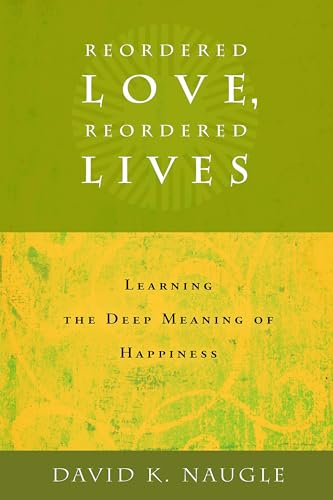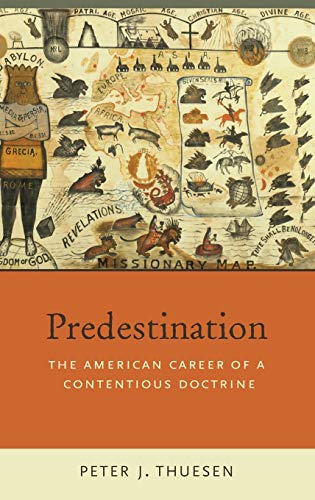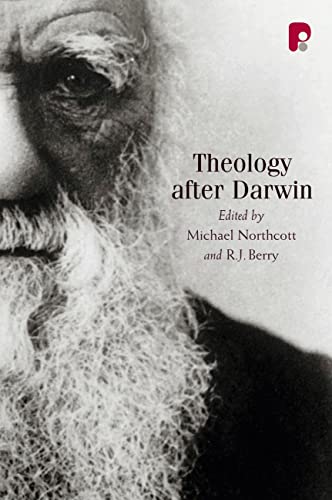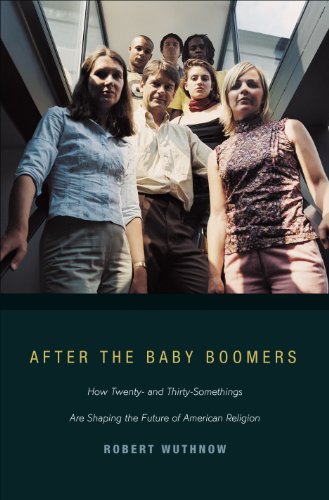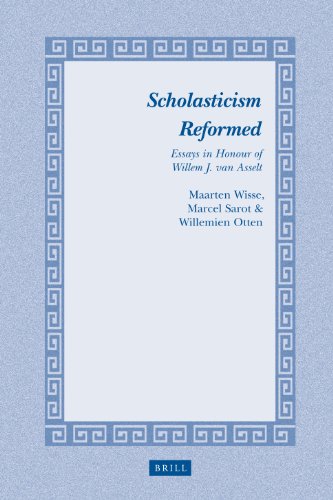Elements of Biblical Exegesis: A Basic Guide for Students and Ministers
Written by Michael J. Gorman Reviewed By Alistair I. WilsonMichael Gorman is well known for his widely used books on Pauline theology. This book is of a quite different nature. It is a handbook on the practice of exegesis. As such it cannot be evaluated according to its literary beauty or theological depth. This is a “revised and expanded” edition of a work which has already been developed over a period of years from an original version published in 1994 under the title Texts and Contexts. It is arranged in three uneven parts.
Part 1, entitled ‘Orientation,’ sets out Gorman’s view of the task at hand. He considers exegesis an investigation, a conversation, and an art. In presenting his view, he uses clear and accessible English. As far as his own approach goes, Gorman favors a text-centered method, without neglecting historical questions. Gorman briefly discusses the value of knowing the biblical languages, but he is realistic that many people will do exegesis in English. So there is a helpful discussion of the relative merits of English Bible versions, including study Bibles, for exegesis.
Part 2 deals with the key elements of exegesis according to Gorman’s approach. In comparison with some other guides to exegesis, Gorman helpfully limits the elements to seven: survey, contextual analysis, formal analysis, detailed analysis of the text, synthesis, reflection (theological interpretation), and expansion and refinement of the exegesis. While some of these terms may be criticized as being somewhat vague, and while each category includes various distinct tasks (e.g., ‘detailed analysis of the text’ includes tasks such as word study, relationships between sentences, consideration of sources and redaction, and narrative detail), these elements provide a useful and easily memorized framework for exegesis which covers the key issues.
Part 3 collects various resources, including discussion of possible pitfalls to avoid in doing exegesis; a substantial and up-to-date discussion of resources including books, journals, commentary sources, Bible software, and internet sites; and tables which illustrate the use of critical tools. Particularly useful are the brief outline of the exegetical method, which will be a helpful resource for students, and the sample student exegeses which are supplied.
Other useful features of this book are the clear chapter summaries, the helpful hints, and the suggestions for further reading and practice.
At almost 300 pages, this book is perhaps going to be most useful as a reference tool, although it has been designed to be used as a textbook where a class can devote a substantial amount of time to the basics of exegesis. Gorman provides valuable information but also encourages readers to ask good questions for themselves. He admirably emphasizes reading the biblical text as literature and also as the church’s Scripture; it is good to see theological interpretation of Scripture receiving significant attention. Although Gorman sometimes seems a little concerned about ‘conservative’ positions in some comments, he generally does a very good job of being inclusive of a variety of theological perspectives in terms of the resources he commends, and evangelical scholarship is well represented along with other works.
In summary, this book should be in every theological library as a resource for students. Many theological students (and those who have already completed theological studies) will want their own copy as a handy reference, not only to help complete academic assignments but also to improve preparation of biblical teaching for the church.
Alistair I. Wilson
Alistair I. Wilson
Highland Theological College UHI
Dingwall, Scotland, UK
Other Articles in this Issue
Most of us, I suspect, develop fairly standard ways, one might even say repetitive ways, to appeal to the motivations of our hearers when we preach the gospel...
How to Write—and How Not to Write—A Review: An Appreciative Response to Reviews of Ancient Near Eastern Themes in Biblical Theology by Dempster and Edgar
by Jeffrey J. NiehausI want to thank Themelios for the unusual opportunity to interact with two reviewers of my book Ancient Near Eastern Themes in Biblical Theology...
Parallels, Real or Imagined? A Review Article of Jeffrey J. Niehaus, Ancient Near Eastern Themes in Biblical Theology
by William EdgarWhen I came to Westminster Theological Seminary in Philadelphia as a young student in the 1960s, two things struck me...
Why Evangelicals Should Ignore Brian McLaren: How the New Testament Requires Evangelicals to Render a Judgment on the Moral Status of Homosexuality
by Denny BurkIn 2006 on Christianity Today’s leadership blog, Pastor Brian McLaren urged evangelical leaders to find a “Pastoral Response” to their parishioners on the issue of homosexuality...
A Member of the Family or a Stranger? A Review Article of Jeffrey J. Niehaus, Ancient Near Eastern
by Stephen DempsterWe cannot overstate how important knowing the context is for understanding the significance of any communication, whether that is a simple word, sentence, paragraph, larger text, sign, photograph, or cultural cue...



